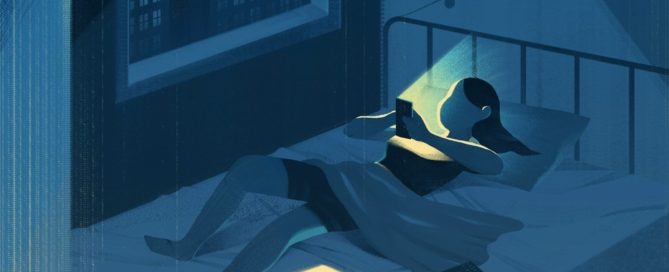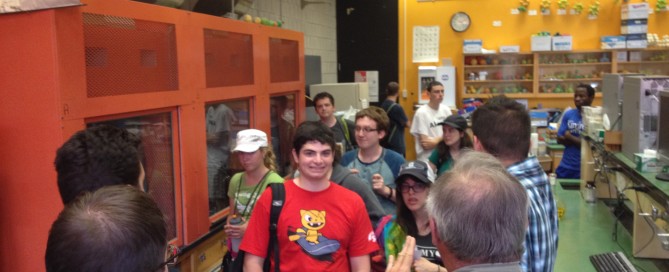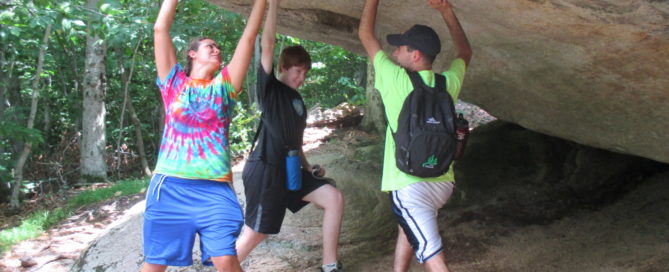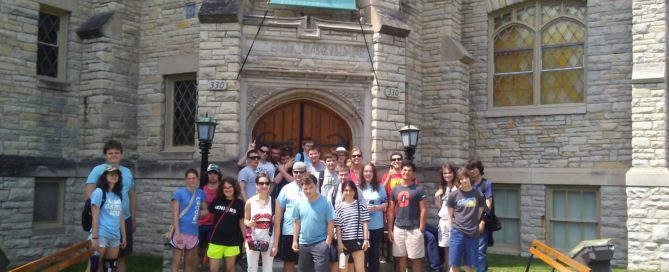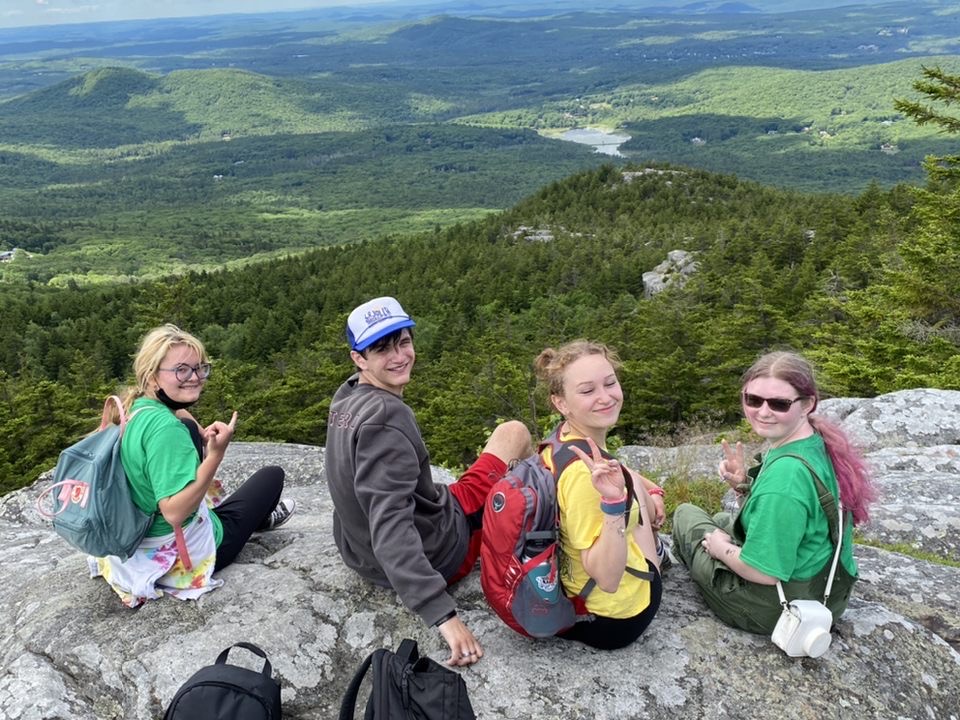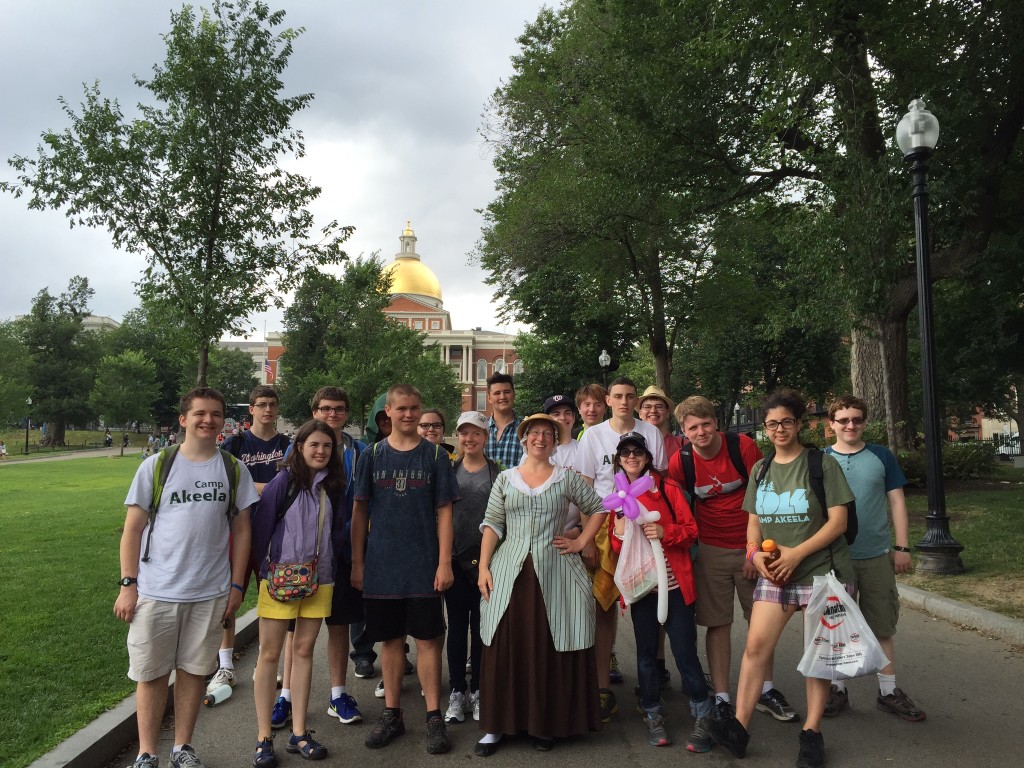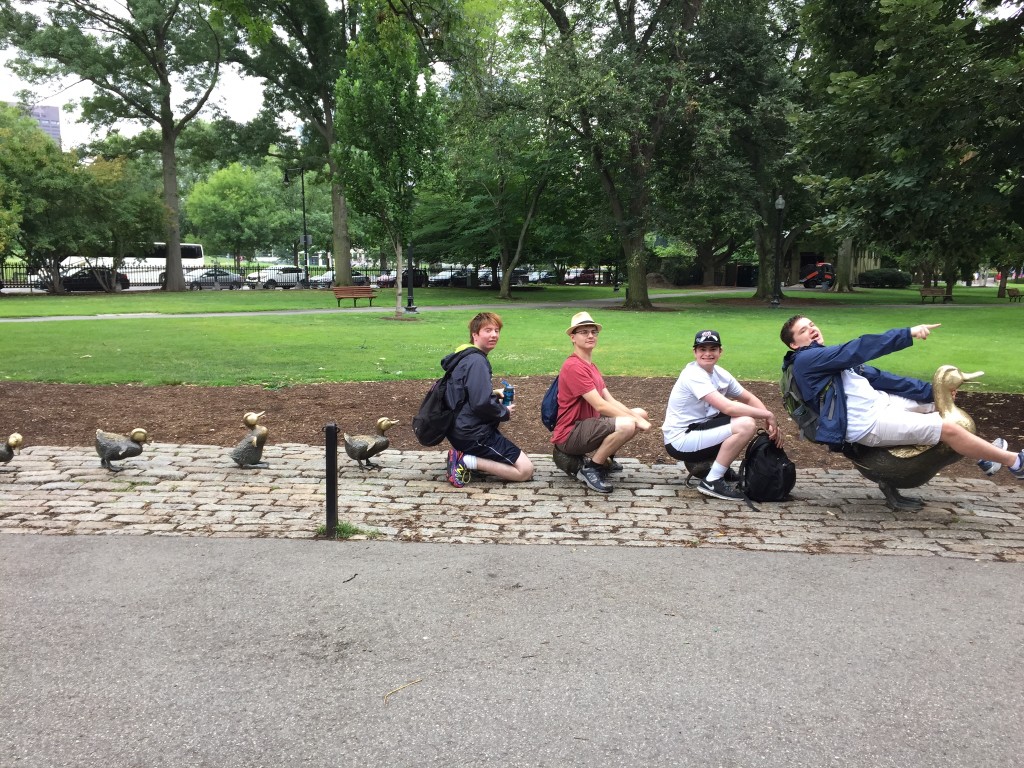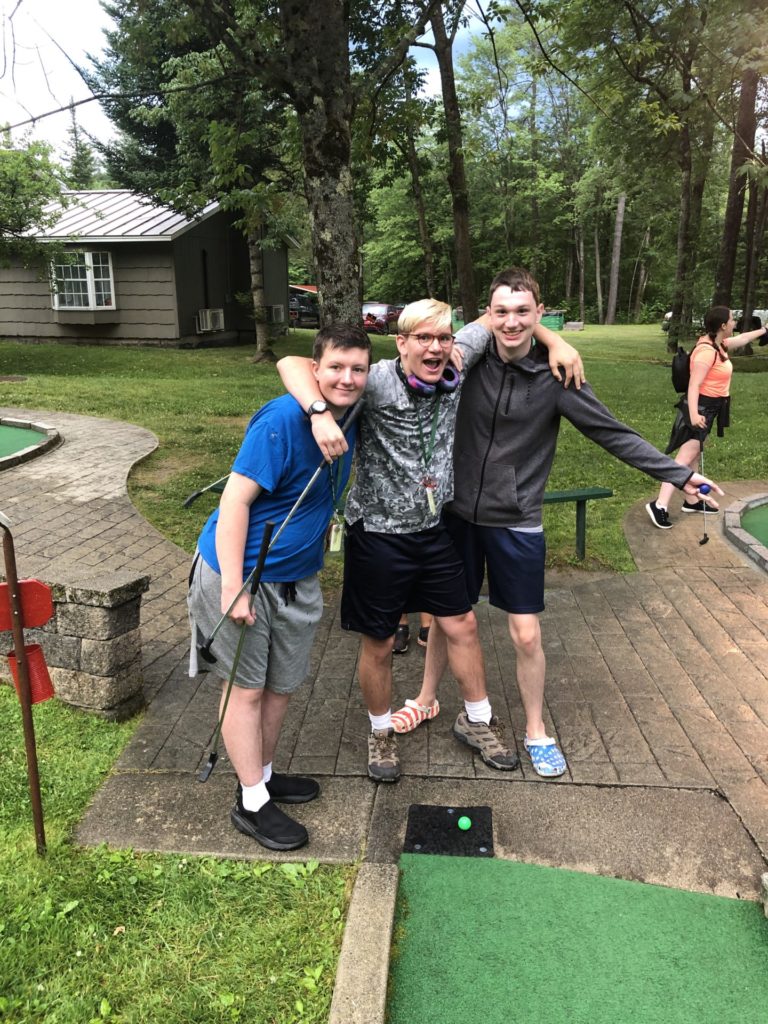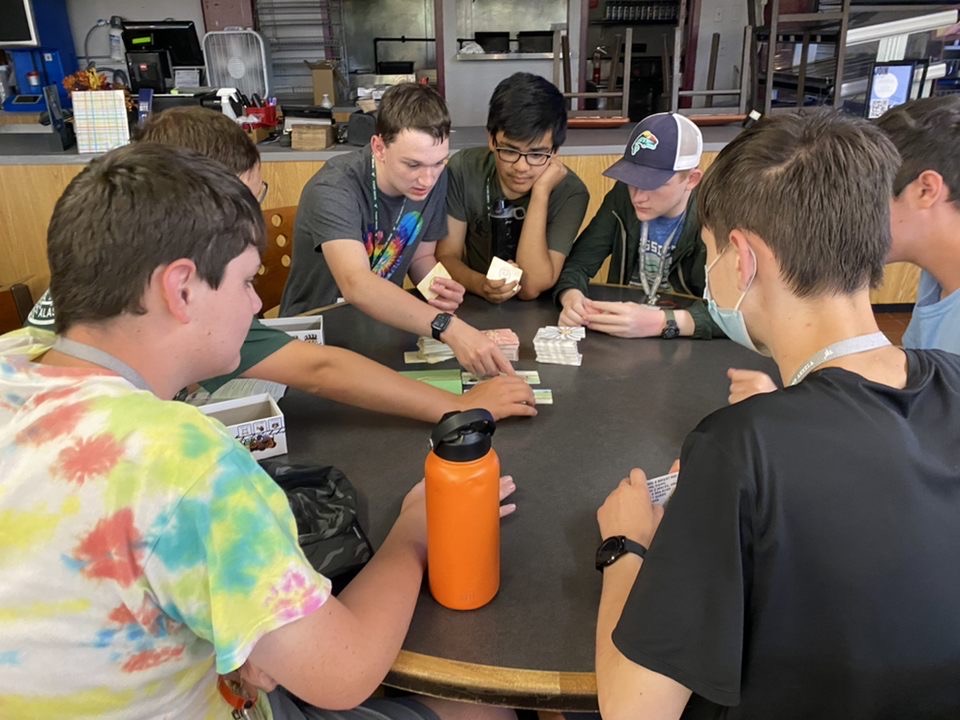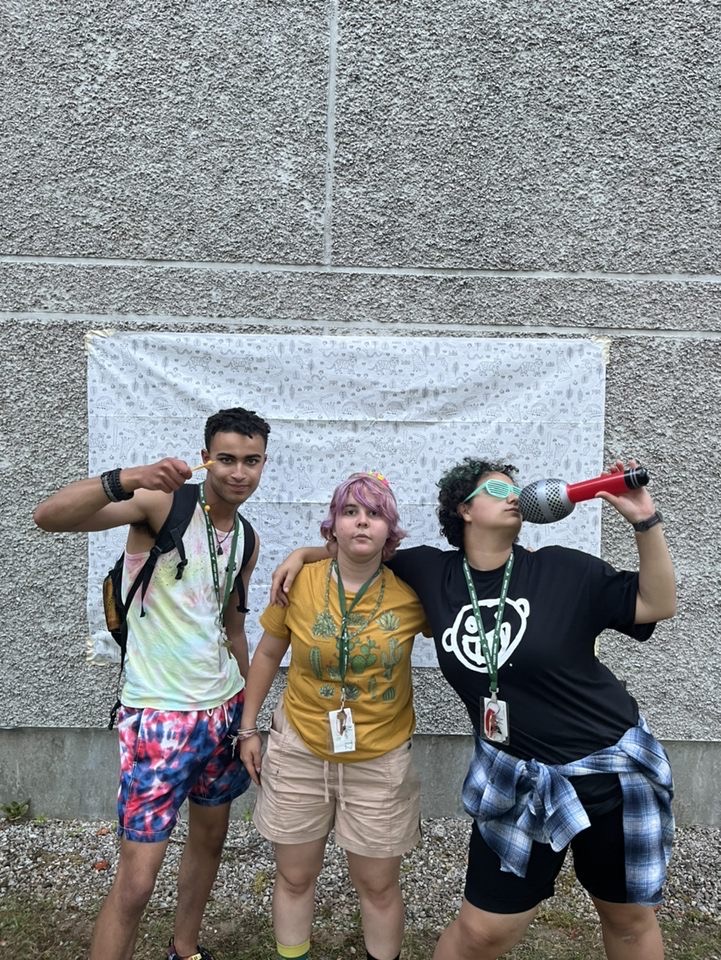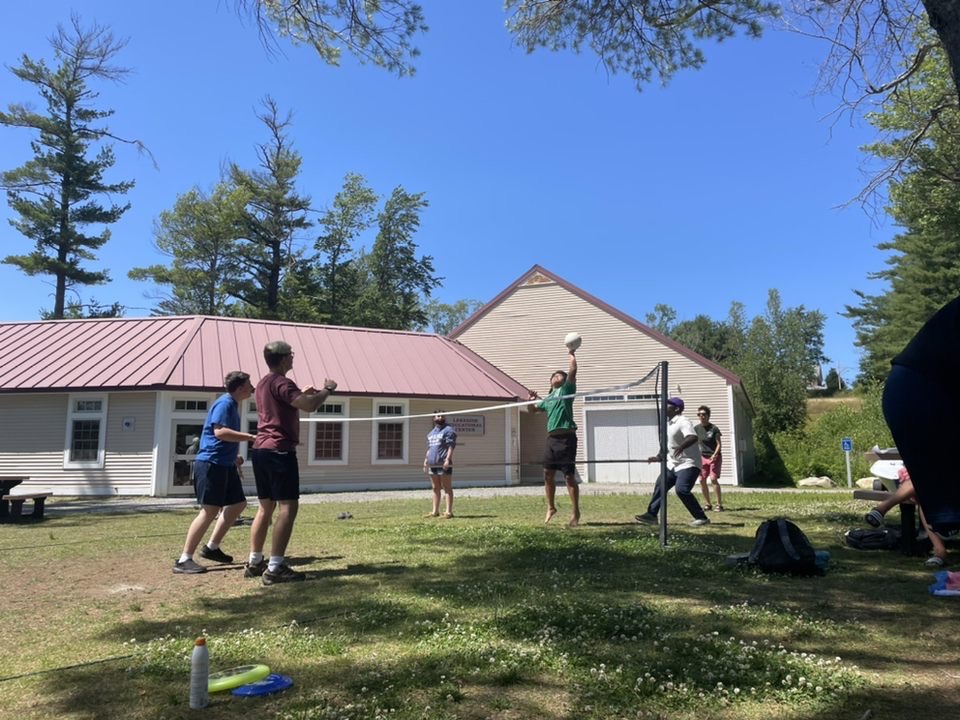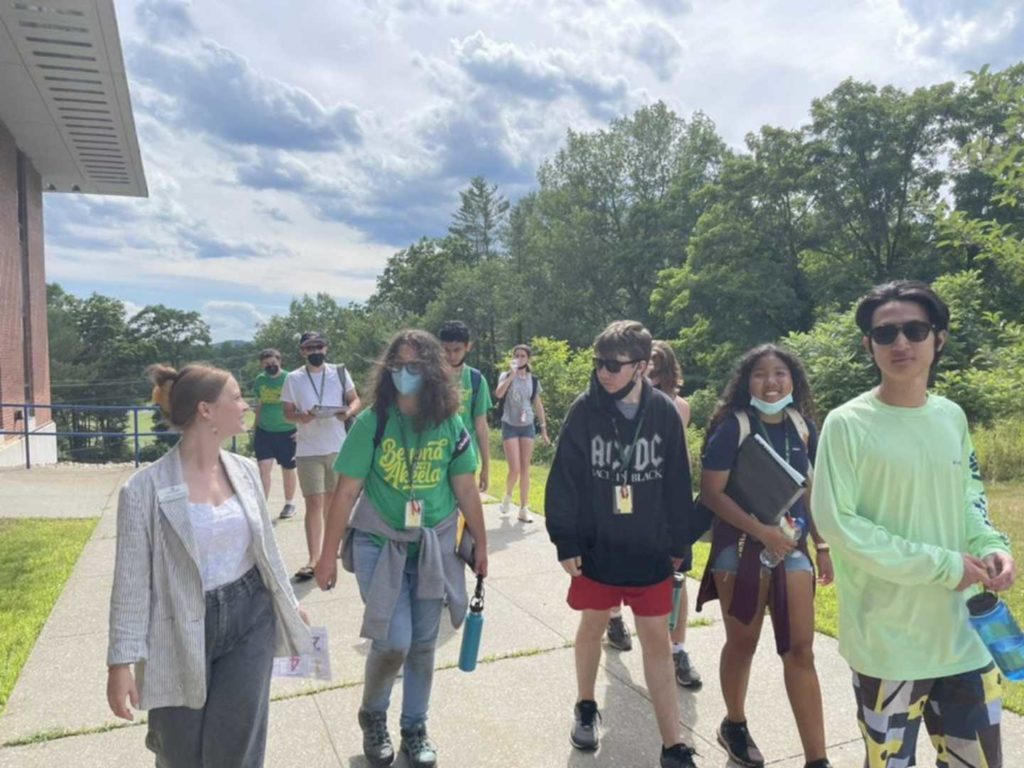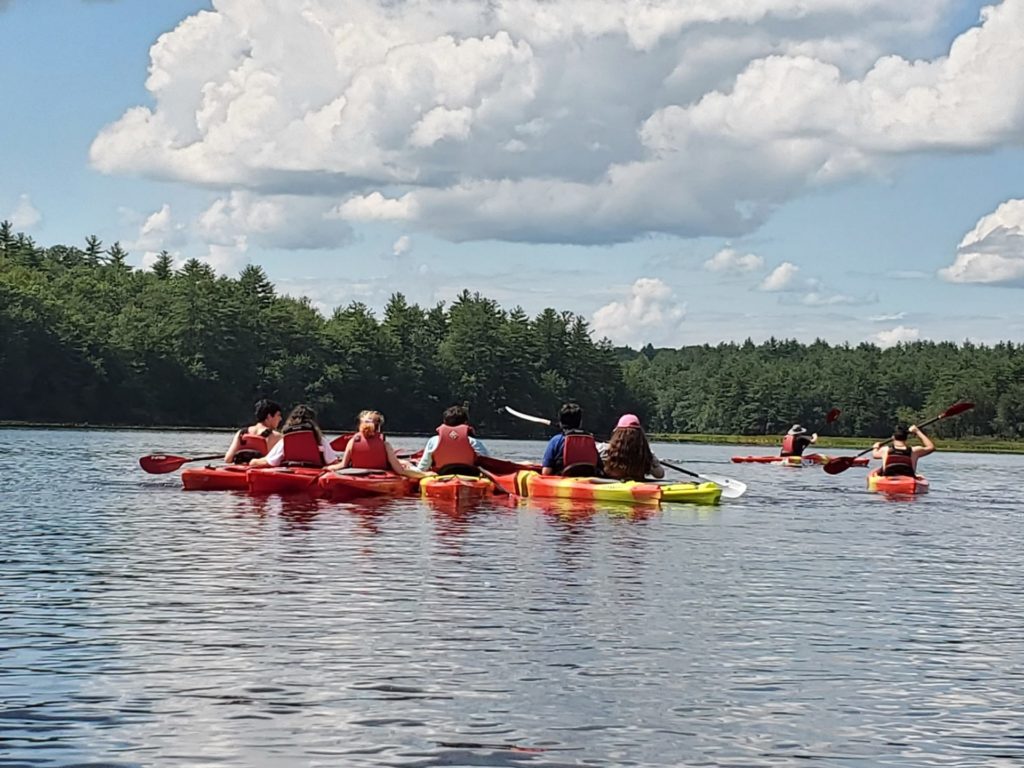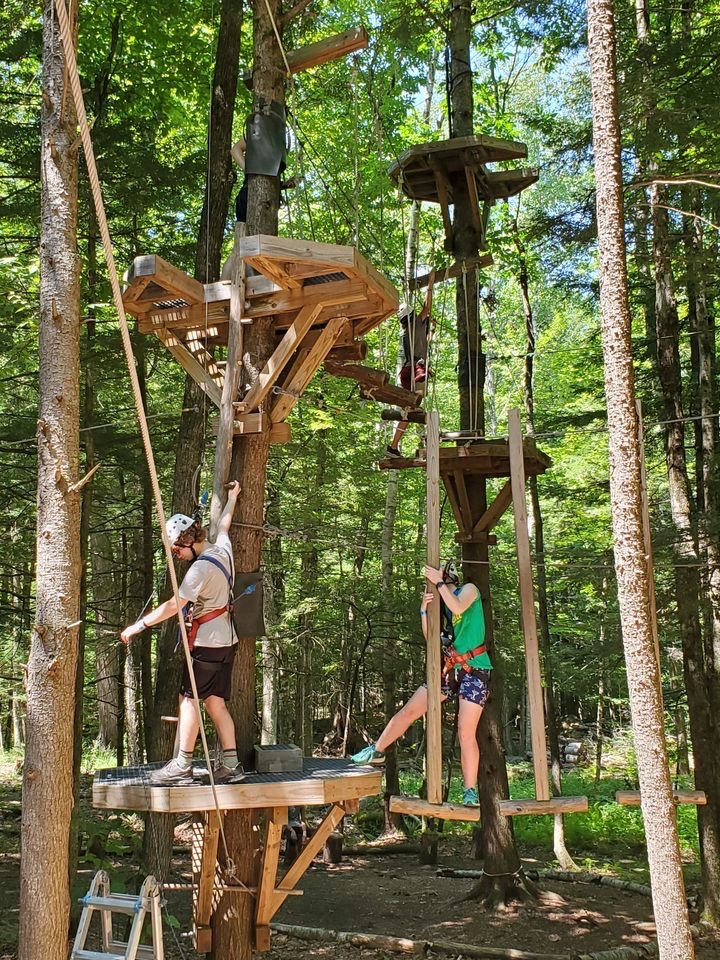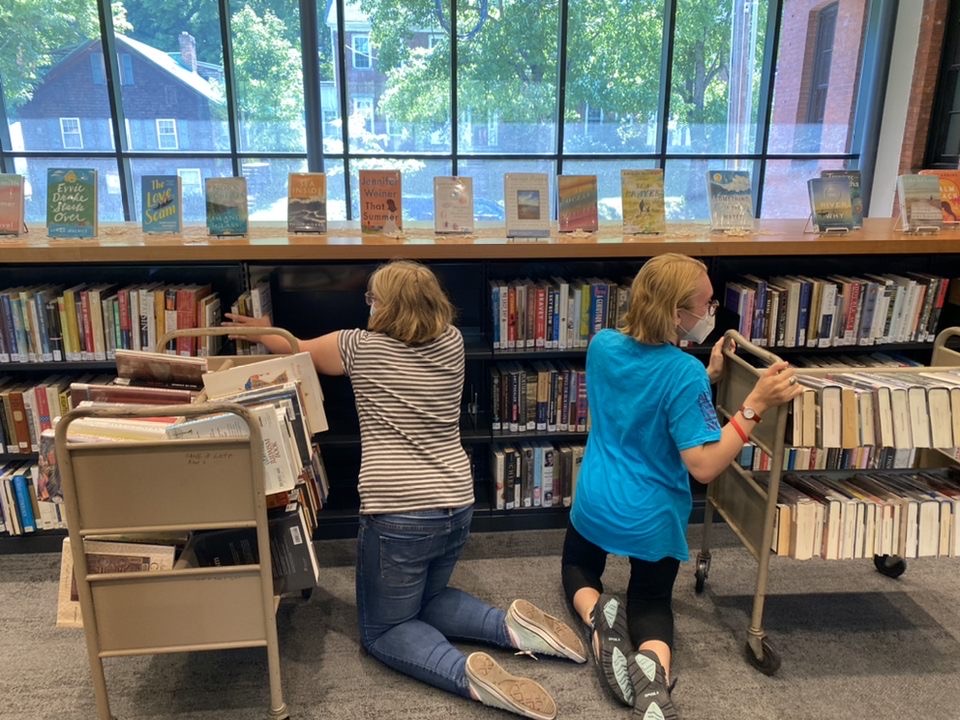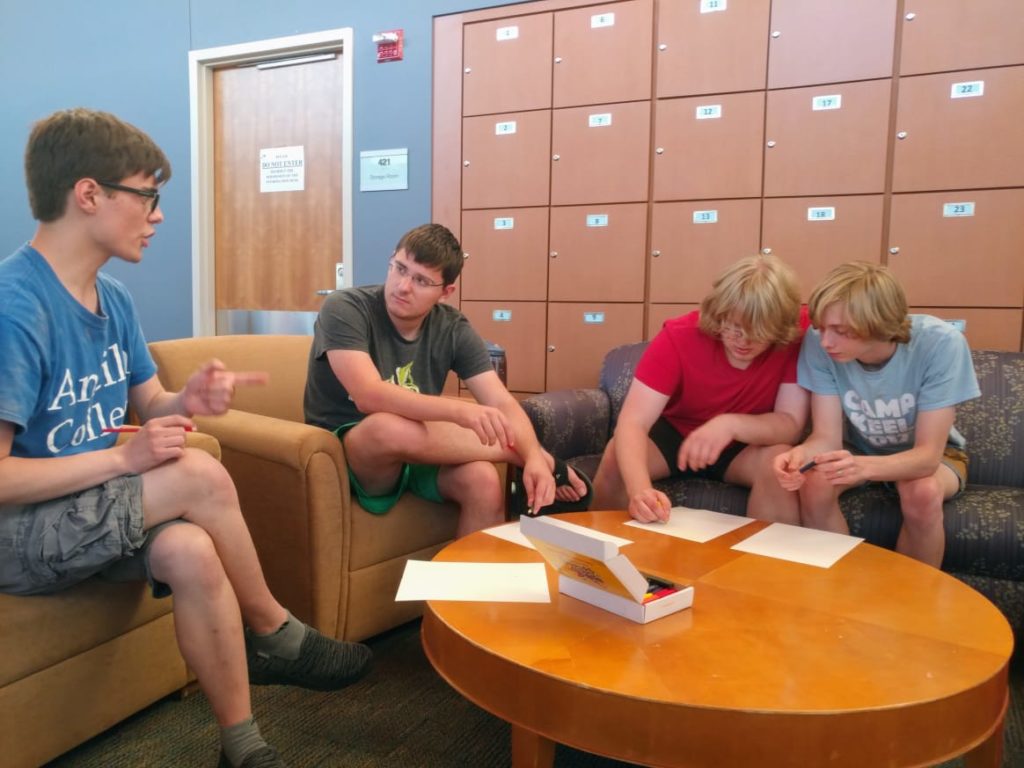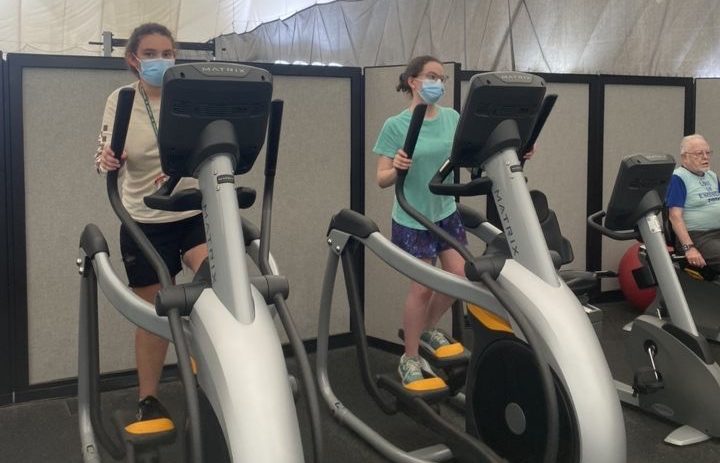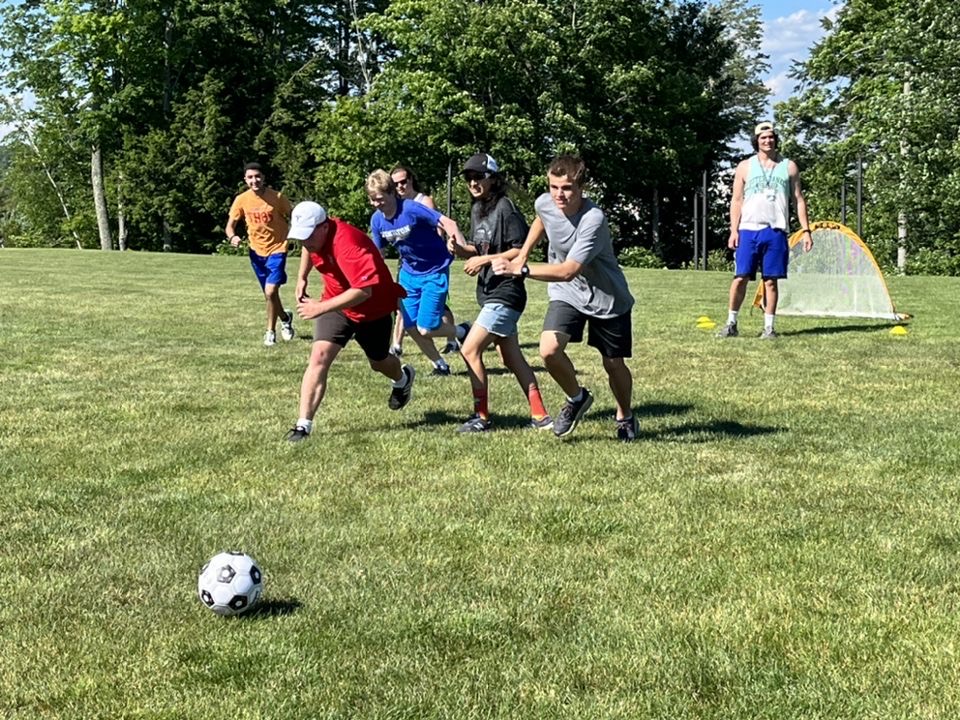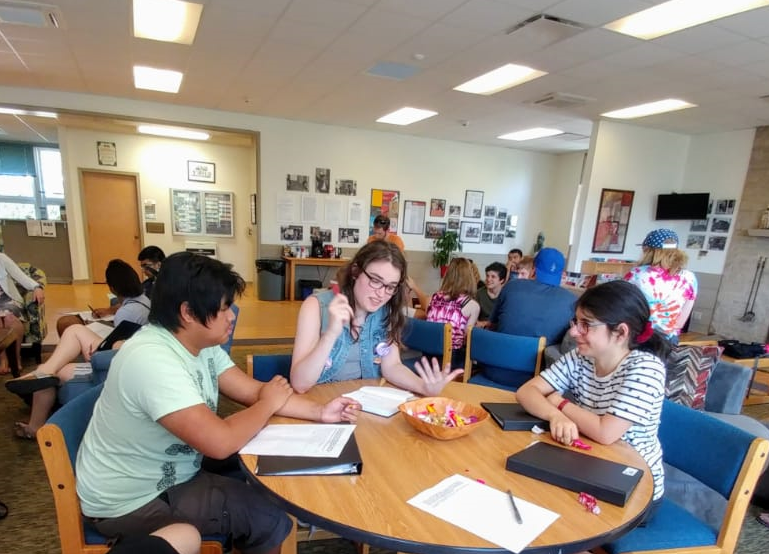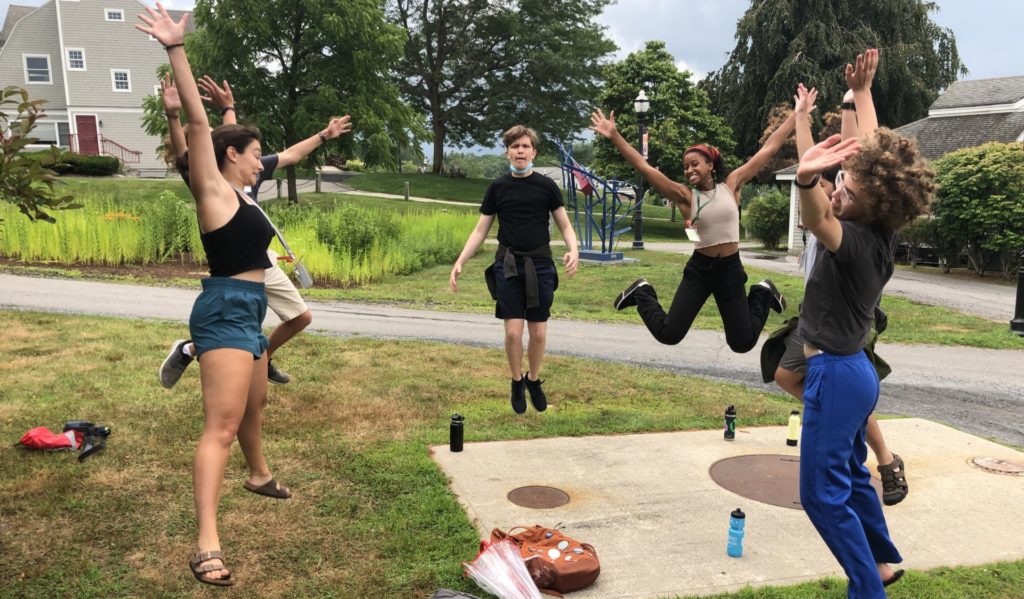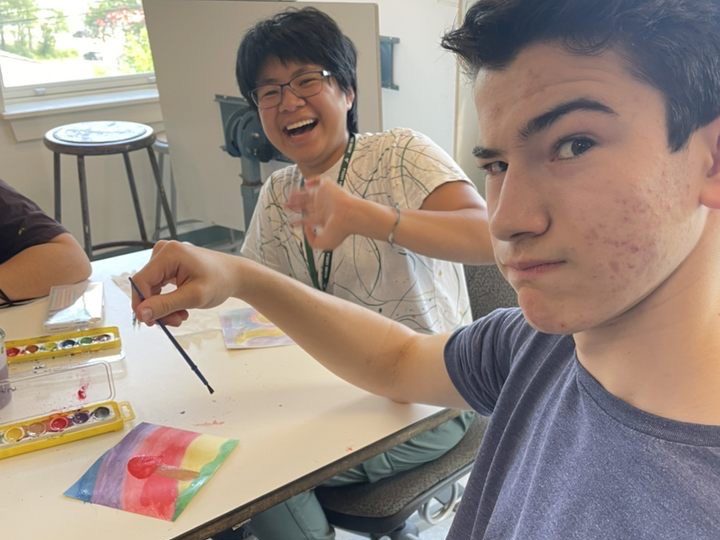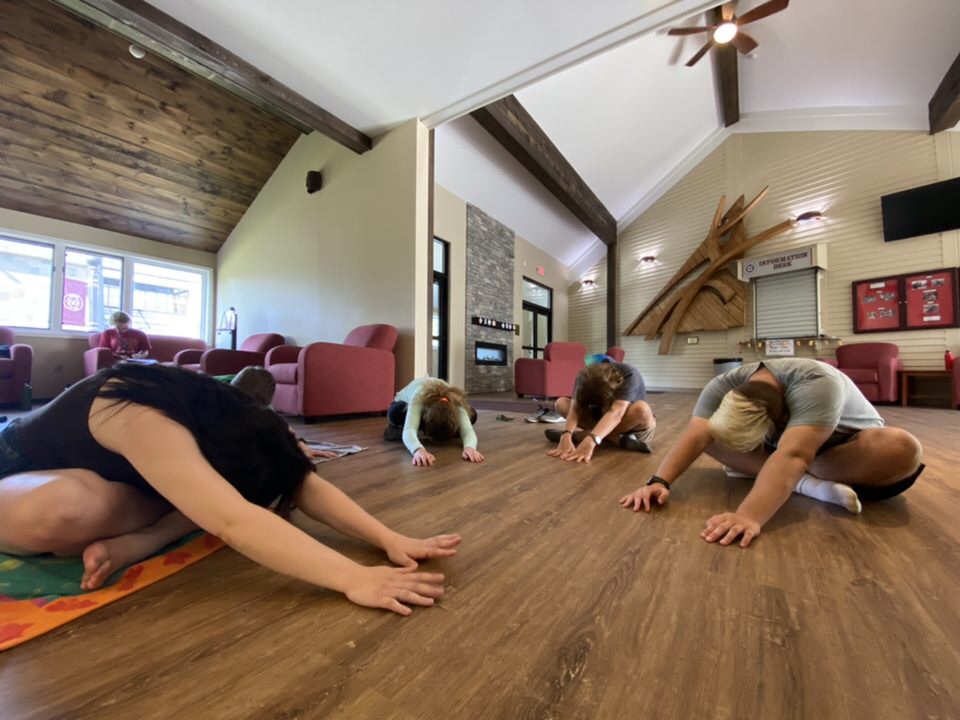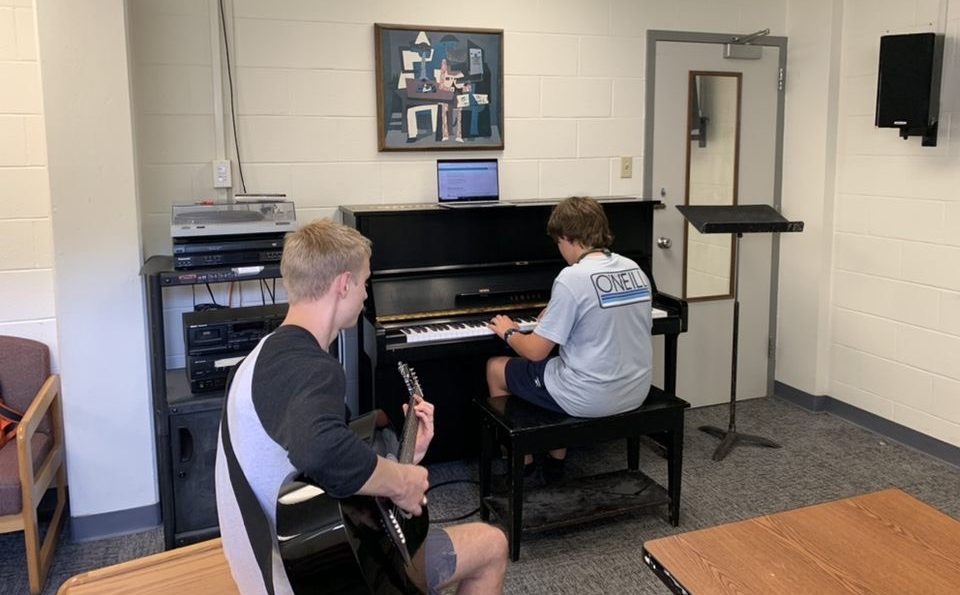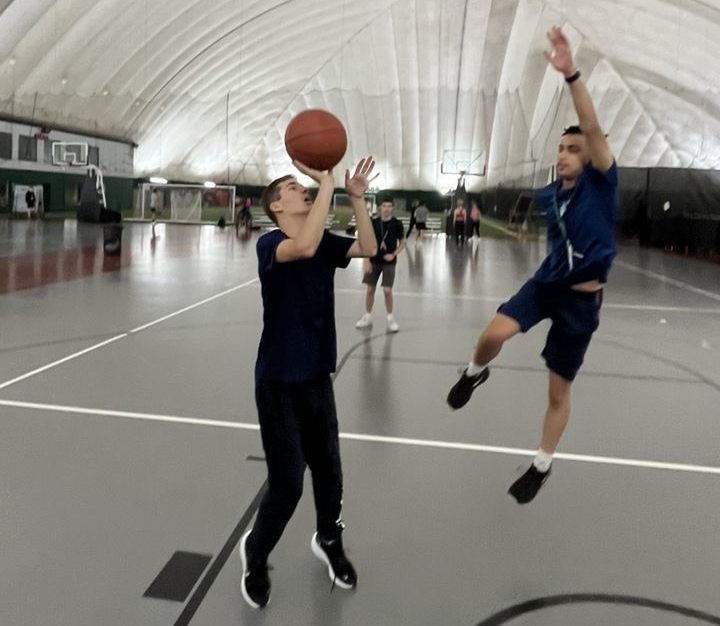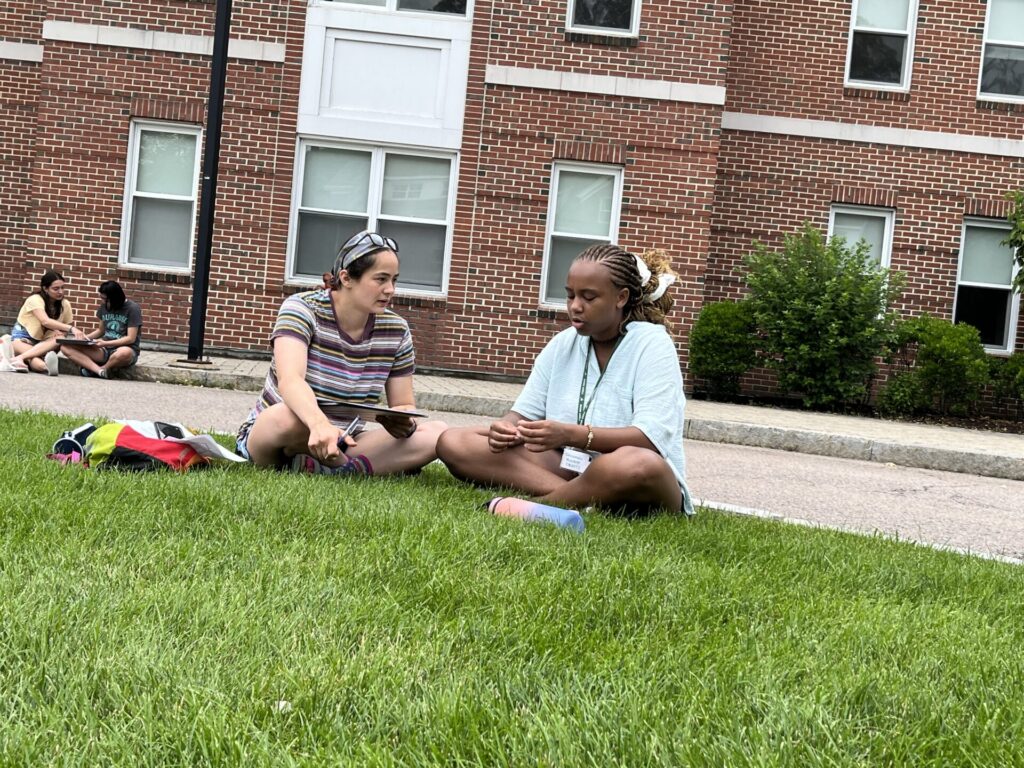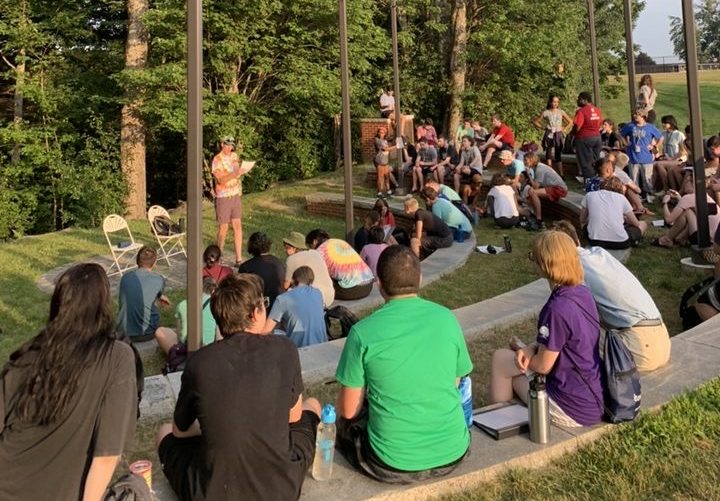Prepare your teen for life after 18 – A young adult & Asperger’s transition program
Interested in learning more about Beyond Akeela? You’re in luck! We just posted our recent Beyond Akeela virtual information session. Beyond Akeela’s director, Kevin Trimble, and Akeela co-founder, Eric Sasson, walk the audience through the Beyond Akeela experience. Everything from the big picture philosophy of the program to a day in the life of camp is covered in the 40 minute presentation.
Here’s a brief synopsis:
Program Overview:
- Beyond Akeela was born out of a summer camp program for younger teens that Eric and Debbie help create called Camp Akeela. That is a camp that specializes and is really intentional about helping young people with Asperger’s syndrome or NLD build and maintain friendships. Beyond Akeela takes the magic and intention from that camp environment to build a program that is appropriate for pre-college teens with Asperger’s or NLD.
- Beyond Akeela blends elements of a traditional summer camp focused on social skills growth and community, a classic teen tour, and a summer college transition program with a focus on post-secondary options.
Location:
- Beyond Akeela has a home base at Lawrence University in Appleton, WI. Lawrence is a small community oriented liberal arts college, and in their summer months they don’t have any students on campus for classes. It’s a great location to work on college transition and social skills for teens with Asperger’s and NLD in the summer.
Typical day:
- Breakfast will always be in the campus dining hall. The food services team is great about providing options for all types of eaters at each meal. The dining hall publishes the menu in advance, so we always preview what’s available for each meal.
- After breakfast, you’ll start prepping for your day. Beyond Akeela teens have more independence and responsibility in this part of their day.
- AM Activities: see article on Beyond Akeela activities for more information o Lunch will be either at the campus dining hall, or sometimes when we travel or go out for the day, we’ll have a picnic lunch at a park.
- We try to incorporate an afternoon rest hour into our schedule as much as we can. We know that rest, especially for teens, can be really important!
- PM Activities: see article on Beyond Akeela activities for more information o Once we’ve gone through our activities for the day, it’s time for downtime around campus. Teens can make a quick trip to the health/wellness center for a workout, play a card game in the dorm lounge, or find another activity that helps them recharge.
- Most of our meals will be in the campus dining hall as a large group. There will be a couple nights during camp when teens are responsible for cooking a meal with a small group of friends. There will also be nights when we go out to eat, as a way to celebrate our success at camp.
- We’ll get together each night as a group and have a brief evening meeting. This is an important community gathering time for our group to reflect on our day together, celebrate and recognize each other’s achievements, and preview the upcoming days of camp.
- We’ll wind down our day of camp with a fun evening activity.


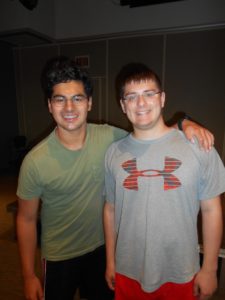 In talking with parents and professionals about camp, the concept of being in a community where teens with learning differences or Asperger’s syndrome feel emotionally safe, understood, and have a sense of belonging, is one of the most important things we can provide to our campers. We truly believe in the power of finding your “tribe” as a tool to create better social emotional learning outcomes.
In talking with parents and professionals about camp, the concept of being in a community where teens with learning differences or Asperger’s syndrome feel emotionally safe, understood, and have a sense of belonging, is one of the most important things we can provide to our campers. We truly believe in the power of finding your “tribe” as a tool to create better social emotional learning outcomes.
